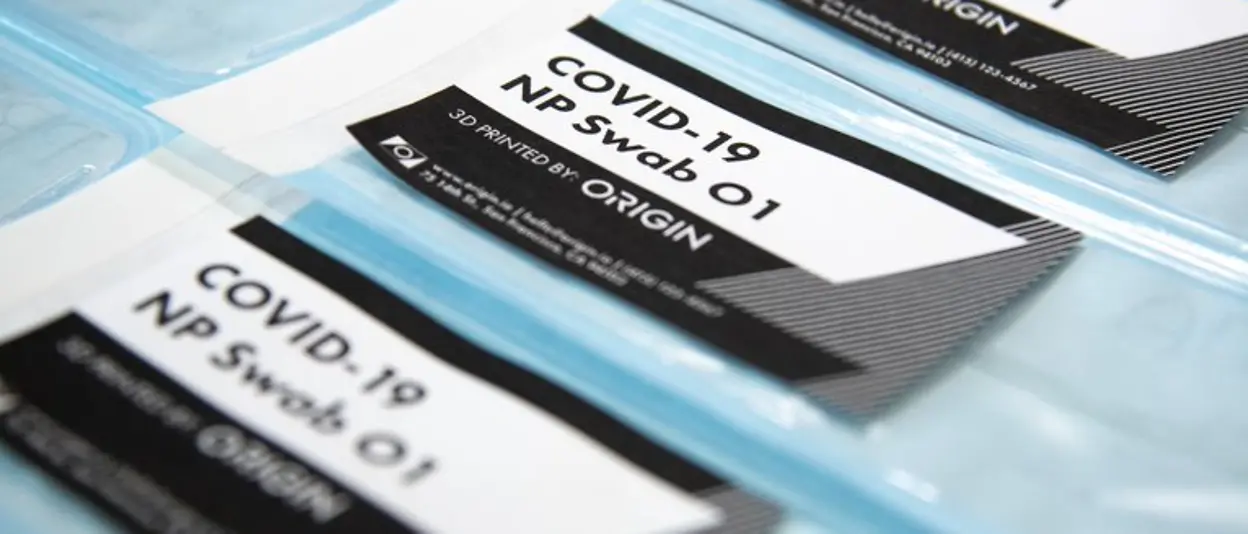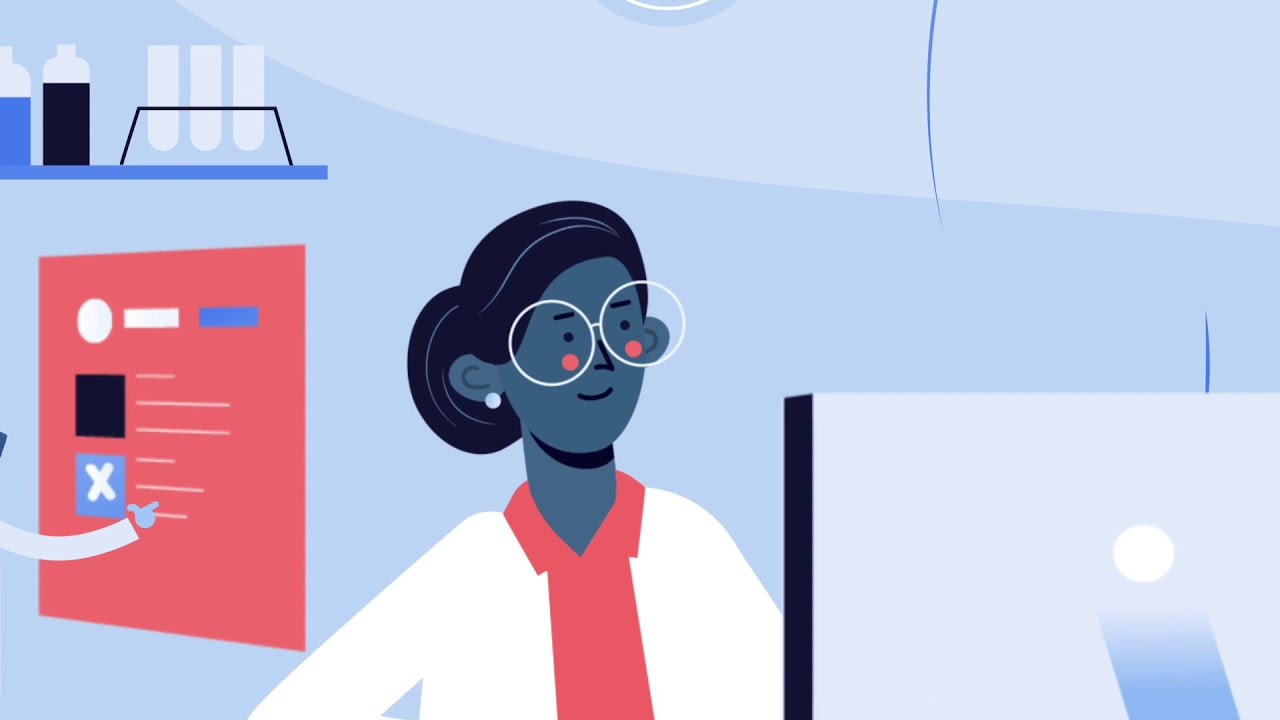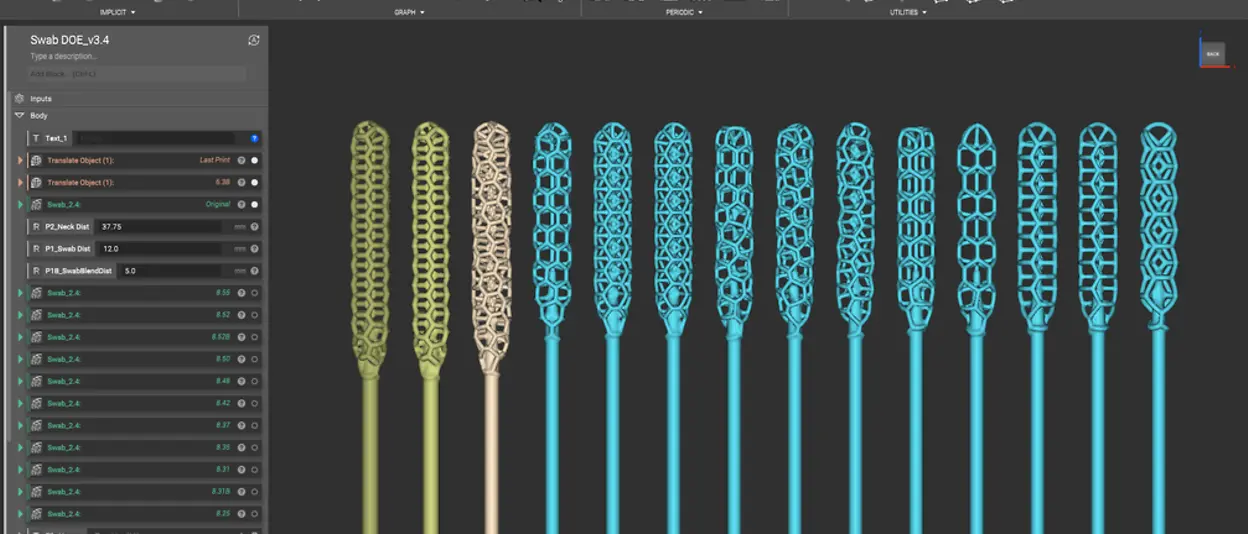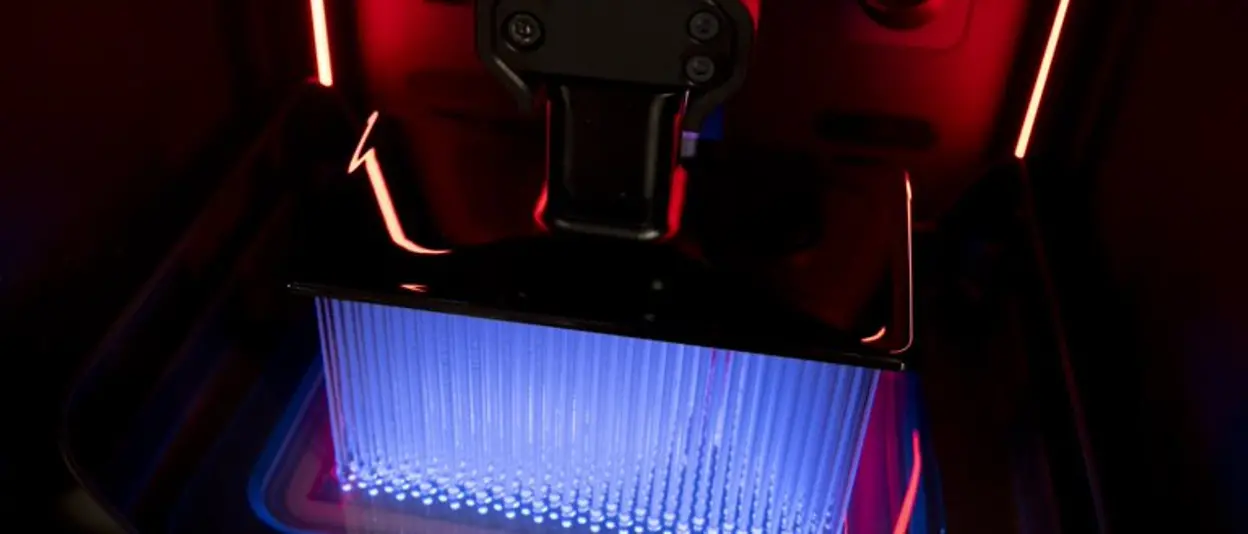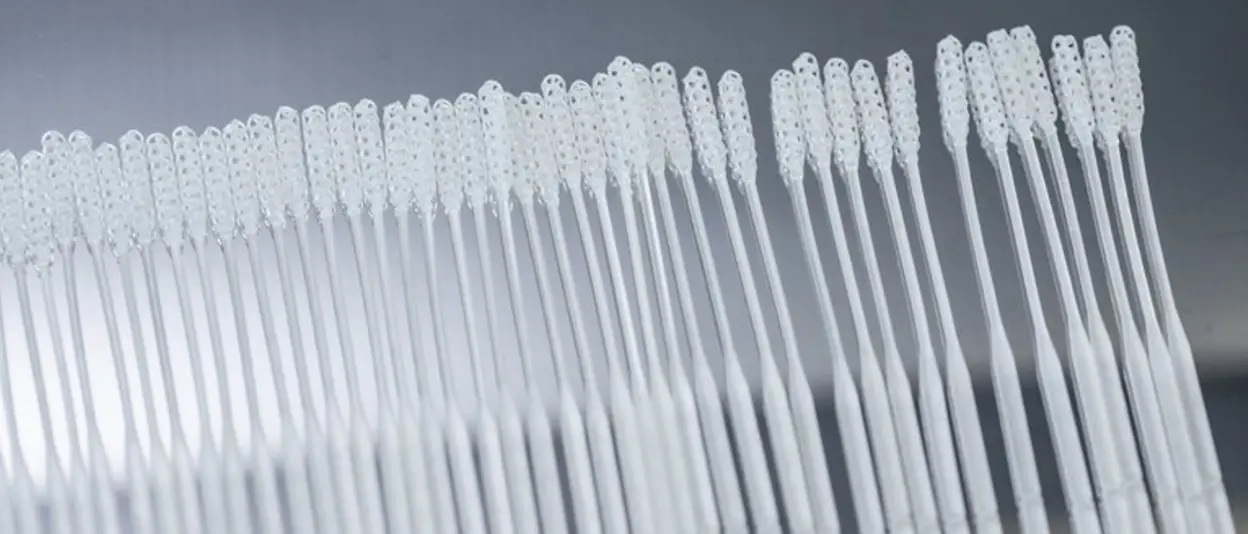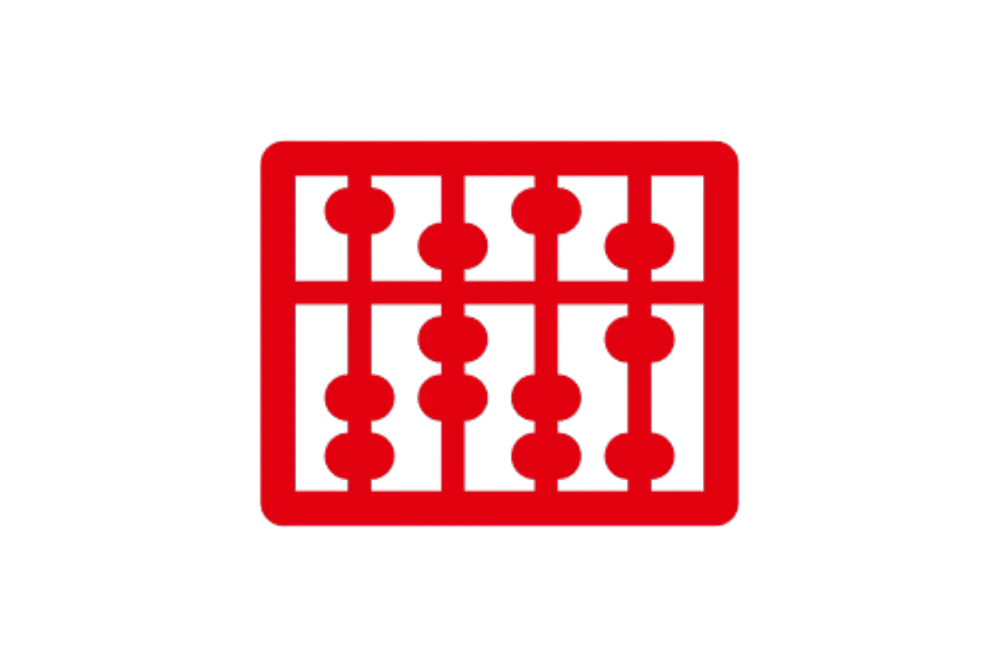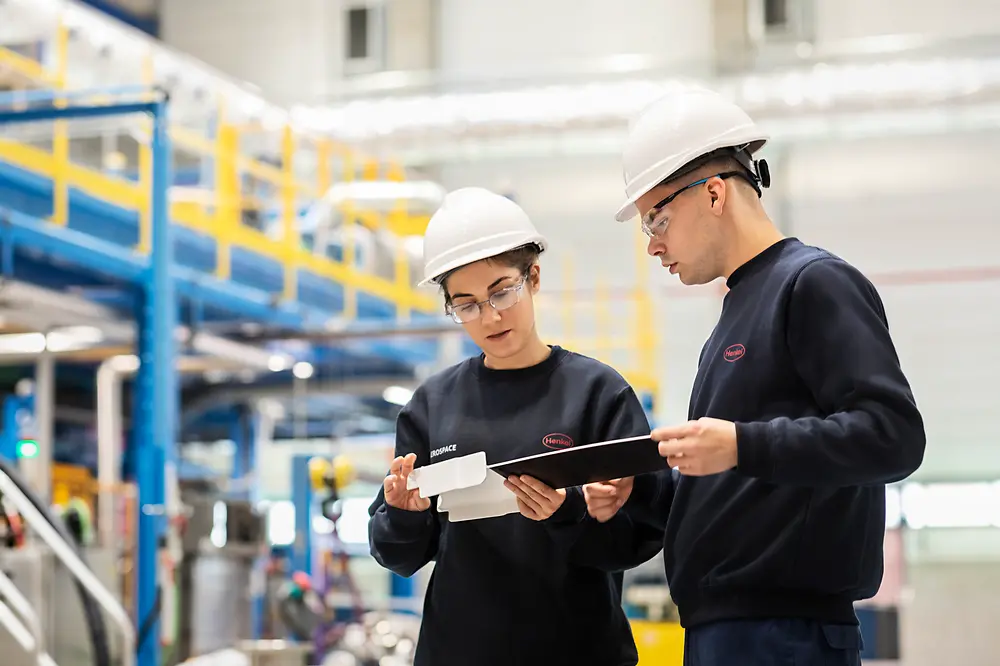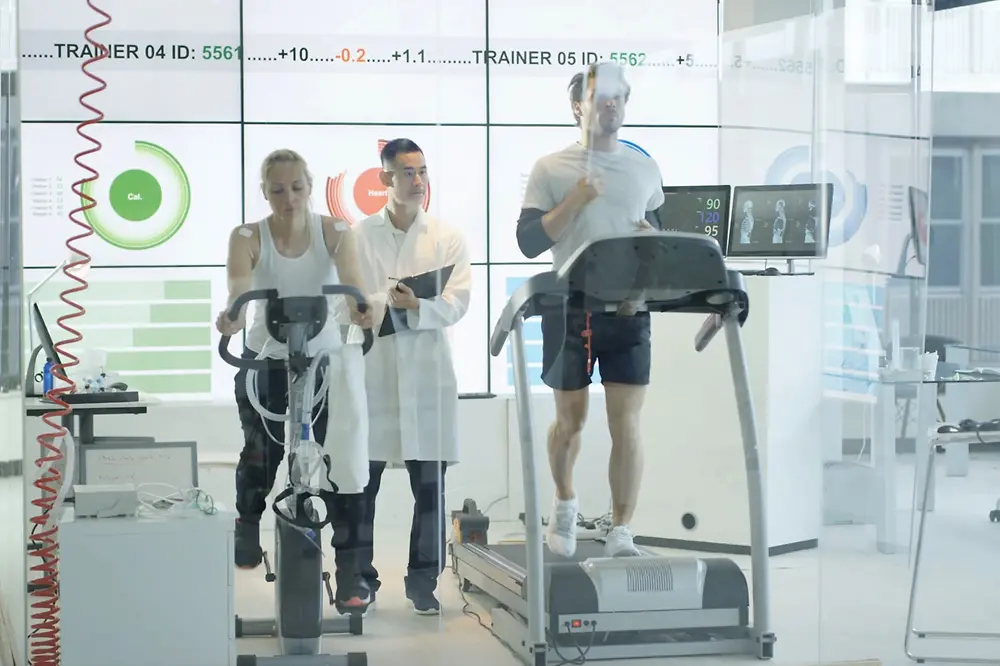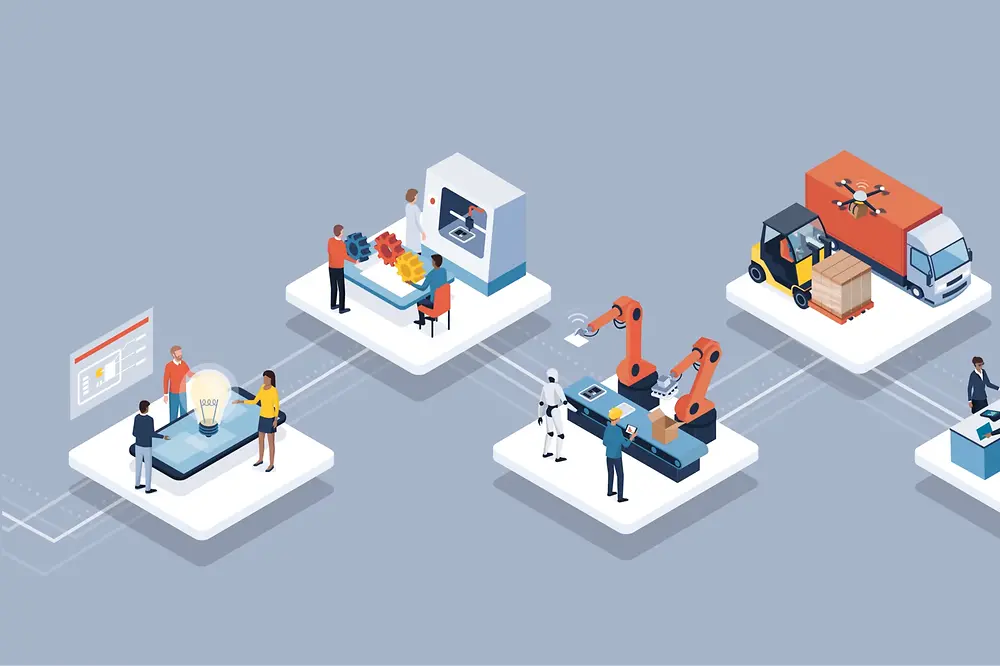Darragh Fitzpatrick’s new colleague lives in a cloud. He’s smart. He’s easy to work with. And he never sleeps. Ever. He works 24 hours a day in research labs around the world – and recently turbo-charged the development of 3D printed nasal swabs for COVID-19 testing. His name’s Albert. He’s new to Henkel. And it’s time you get to know him.
You’ve probably guessed, Albert is not a typical team member. He’s a state-of-the-art digital tool for materials development. Albert offers a cloud-based system that collects clean and harmonized data from every experiment, past and present, conducted anywhere in the world for Henkel 3D printing. Experts in our research teams for Adhesive Technologies are now leveraging the Albert platform to create innovative solutions for our customers.
Darragh Fitzpatrick, Lab Manager and Innovation Leader for 3D Printing at our site in Dublin, Ireland, works with Albert every day. “I’ve been working in research and development teams at Henkel for almost 20 years – and Albert is something that’s really gamechanging,” Darragh says.








